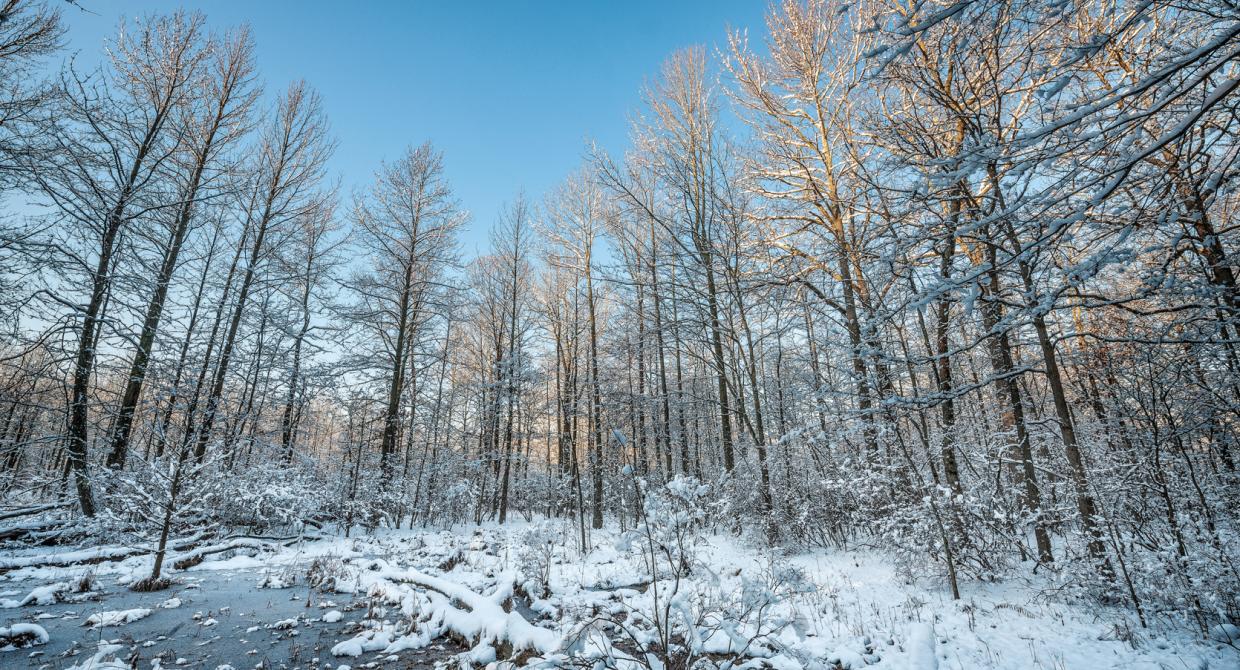New Bill Threatens National Wilderness Lands
Title

Body
A new bill in Congress, H.R. 1349, threatens the future of Wilderness areas.
No matter your approach to adventure, trail lovers everywhere can agree that true wilderness is something to be protected. For over 50 years, the Wilderness Act of 1964 has protected Wilderness areas designated by Congress from machines of all types. This has meant, as Congress intended, that Wilderness areas have been kept free from cars, trucks, ATVs, snowmobiles, bicycles, and all other types of motorized and mechanized transport. It’s the highest level of conservation protection for federal lands.
The Issue
Notoriously anti-Wilderness Congressman Tom McClintock (R-CA) has introduced H.R. 1349, a bill that would amend the Wilderness Act to allow bikes, strollers, wheelbarrows, game carts, survey wheels, and measuring wheels in every unit of the National Wilderness Preservation System.
Unfortunately, the new bill could very well advance in the current anti-Wilderness Congress, allied with the new Administration that seems hostile to environmental protection. Rep. McClintock, a member of the House Natural Resources Committee, also chairs that panel’s subcommittee on Federal Lands. This means he is in a significant position of leadership, and could mean that this year’s "Wheels in Wilderness" bill might well advance in Congress. Already the bill has passed (22-18) in the House Natural Resources Committee.
Even leaders in the mountain biking community oppose the bill; International Mountain Bicycling Association (IMBA) Executive Director Dave Wiens said in a statement, “Mountain bikers and the recreation community depend on public lands and thoughtful conservation. Public lands are being threatened at an unprecedented level right now, and it’s imperative that public land users come together to protect these cherished places.”
Why It Matters
The Trail Conference and many like-minded organizations and partners stand behind the current Wilderness Act protections. We believe there is an appropriate place for outdoor recreation. Our rare and remaining Wilderness areas aren’t the place to open up this debate. These Wilderness lands are America’s last surviving islands of nature untrammeled by man. And under the Wilderness Act of 1964, these areas are extensively protected where only primitive and unmechanized recreation is permitted.
This isn’t a debate of which trail user has the bigger environmental footprint, but how can we work together to best preserve our remaining Wilderness areas.
How You Can Help
Wilderness Watch has spearheaded a letter to Congress in opposition to opening up the National Wilderness Preservation System to motorized and mechanized transport. More than 133 wilderness-supporting organizations from around the nation—including the Trail Conference—have signed on, clearly showing that the conservation community is united.
Contact your representative and senators and urge them to oppose H.R. 1349 and similar bills that would weaken the Wilderness Act.
Click here to find contact information for your Congressional Representatives.
Further Information
Wilderness Watch Letter to Congress
IMBA Advocates for Collaborative Approach to Wilderness Designations on Public Lands
